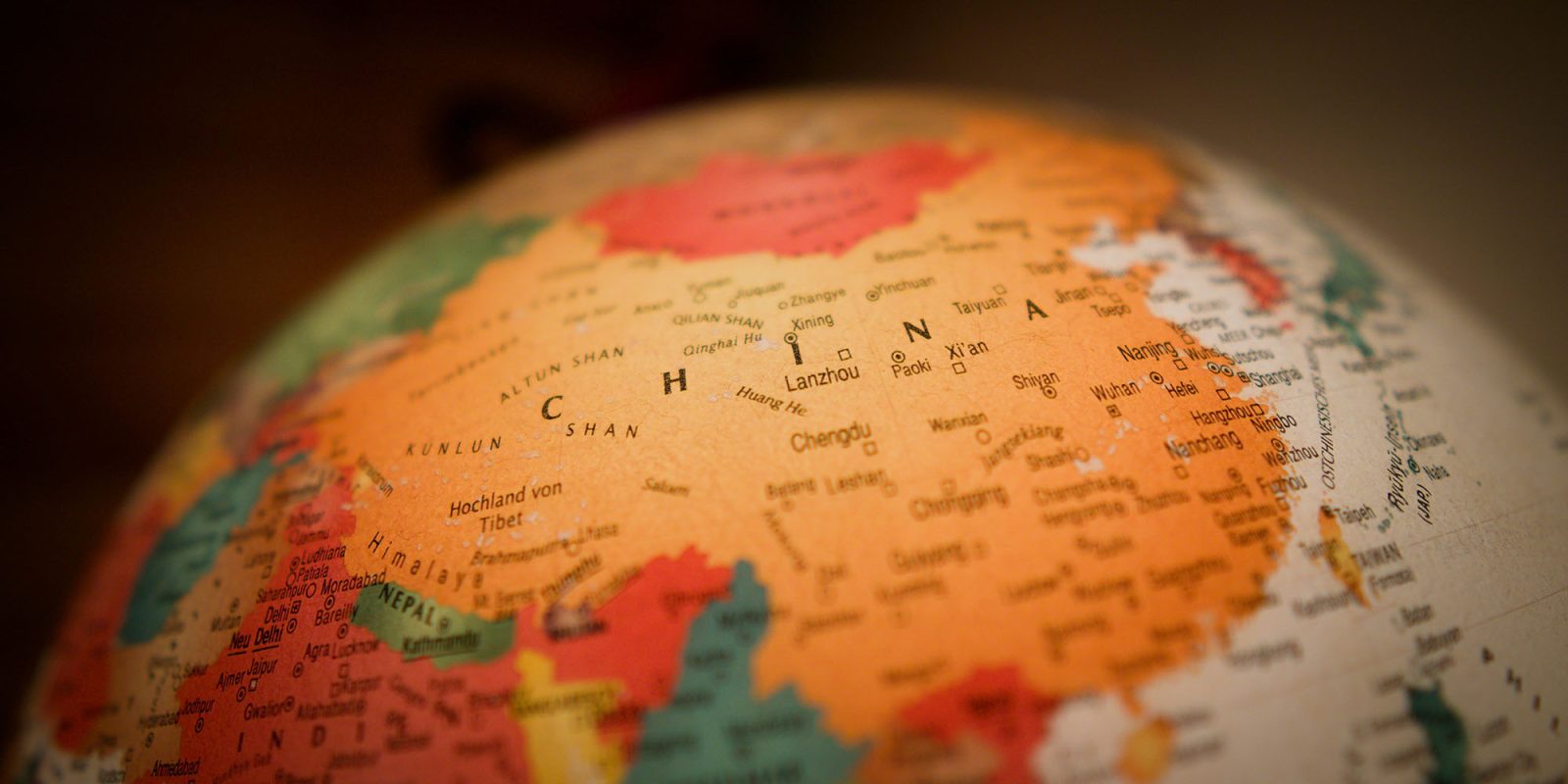
The White House has announced steep increases in a number of Chinese import tariffs, raising the prospect of another trade war between the two countries.
The last time this happened, China directly threatened to use Apple as a bargaining chip in response to new tariffs imposed by the previous administration …
Higher Chinese import tariffs announced
The Financial Times reports that the White House has now announced steep rises on import tariffs on some Chinese goods.
The Biden administration is sharply increasing tariffs on imports from China including electric vehicles, batteries and semiconductors in an effort to protect US jobs ahead of the election in November.
The rises are dramatic. The current tariff on Chinese electric cars, for example, is 25%; that rate is being increased to 100% later this year. Import duties on chips and solar cells will double, and the rate for aluminum, steel, and lithium-ion EV batteries will triple.
China reacts angrily
The Chinese government accused the US of trying to “suppress” its economy, and today threatened unspecified responses.
Chinese foreign ministry spokesperson Wang Wenbin said that “China consistently opposes unilateral tariff increases that violate WTO [World Trade Organization] rules and will take all necessary measures to safeguard its legitimate rights and interests”.
Apple directly threatened last time this happened
Back in 2018, the Trump administration announced hefty import tariffs on steel and aluminum, and threatened to do the same with consumer electronics. This started a trade war, in which China retaliated with its own import tariffs on US imports.
Apple was one of a number of companies who lobbied against any further escalation, with CEO Tim Cook meeting personally with Trump in the Oval Office.
The threat against Apple was made on a state-run Chinese news site later that year.
iPhone maker still hugely dependent on China
While Apple has been making increasing efforts to diversify its supply chain away from China, with India now a significant secondary supply center, the size of the task makes this a very slow process.
The vast majority of iPhones are still made in China, and it had been feared last time that the government there might interfere with production using measures like spurious inspections.
Apple’s main protection is that it generates a great deal of manufacturing business for China, but tensions between the two countries will certainly lead to some nervousness in Cupertino.
Photo by Christian Lue on Unsplash
FTC: We use income earning auto affiliate links. More.





Comments